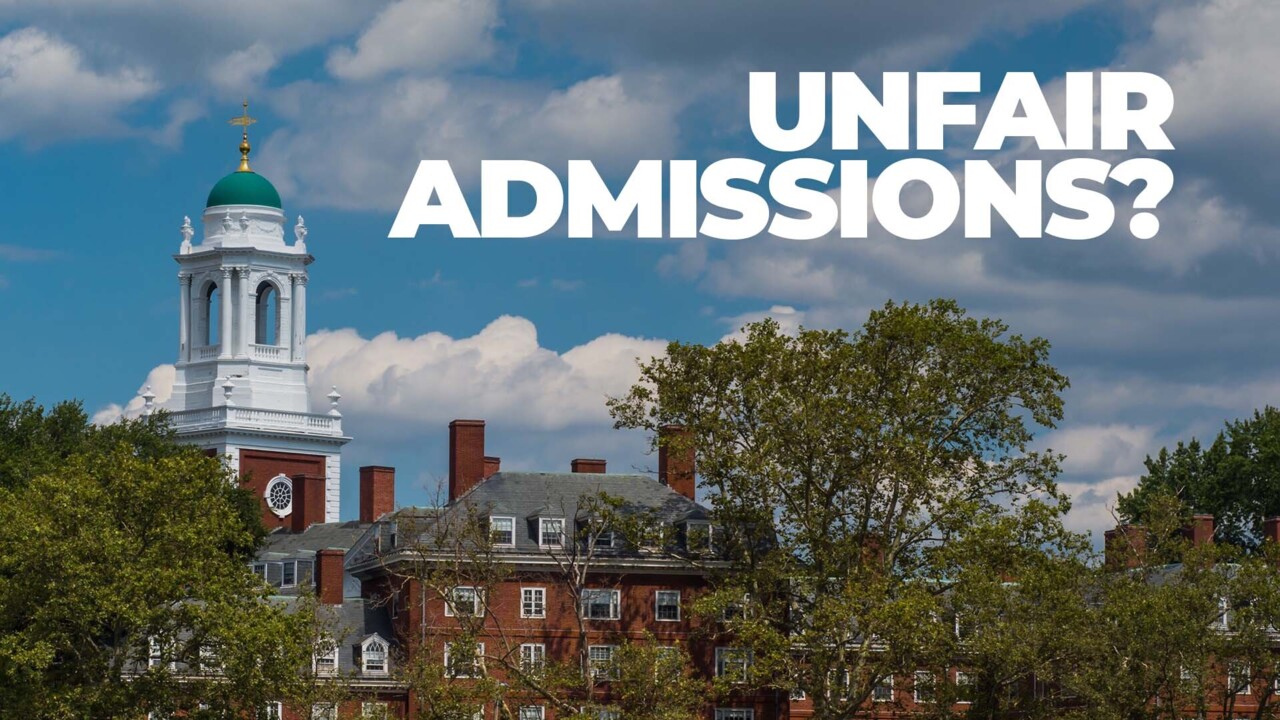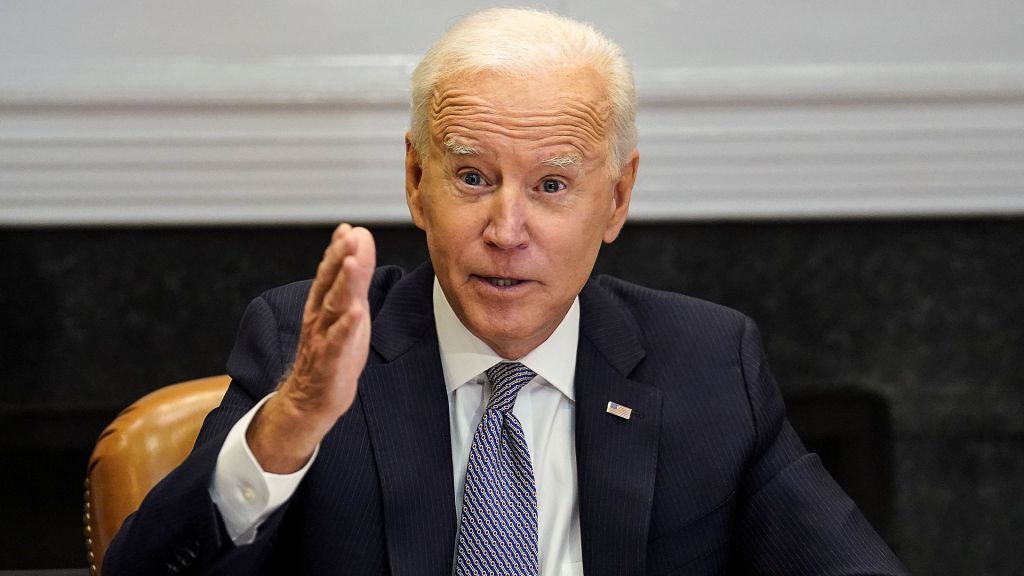
The Supreme Court heard oral arguments Monday on two cases regarding the role of race in college admissions.
The organization Students for Fair Admissions is challenging the admissions policies at Harvard and the University of North Carolina that consider race as a factor. The plaintiffs want the justices to overturn the 2003 Grutter decision, which allows race to be considered in an effort to increase diversity among the student body.
Patrick Strawbridge “The assumption that race necessarily informs something about anyone’s qualifications is antithetical to this court’s precedents and to our constitution,”
Stating your race is optional on an application and it’s one of more than 40 different factors that can give an application a boost. But Strawbridge was challenged by Justices who said race is inextricably linked to certain life experiences.
Kagan: “The race is part of the culture and the culture is part of the race, isn’t it? I mean that’s slicing the bologna awfully thin.”
Justice Kentanji Brown Jackson recused herself from the Harvard case because of her involvement with the University but she is considering the UNC case. She questioned whether schools should be allowed to consider non-race based characteristics like being a parent, a military veteran or disabled person and give their application a boost without violating Reconstruction’s 14th amendment equal protection guarantee.
KBJ says: So what I’m worried about is that the rule that you’re advocating in the context of a wholistic review process is the university can take into account and value all of the other background and personal characteristics of other applicants but they can’t value race. What I’m worried about is that seems to me to have the potential of causing more of an equal protection problem than it’s actually solving.
The schools argued diversity is a source of strength and necessary for democracy to flourish. Justice Samuel Alito questioned whether checking a box to state race is too broad. He gave the example of a student from Afghanistan having to check the box that they are Asian.
Alito says: Well you would say to the student well we don’t need you to contribute to a diversity of views at the school because we already have enough Asians. What do you learn from the mere checking of a box?
Ryan Young Park: “In the context of everything else that we know about an applicant, it can matter, not always and there’s no automatic plus factor that’s given, it can matter what an applicants racial background is.”
When Grutter was decided, the majority wrote race based admissions should be phased out in 25 years. That was 19 years ago, and as of now, the schools plan to continue the practice. Straight from DC, I’m Ray Bogan.






